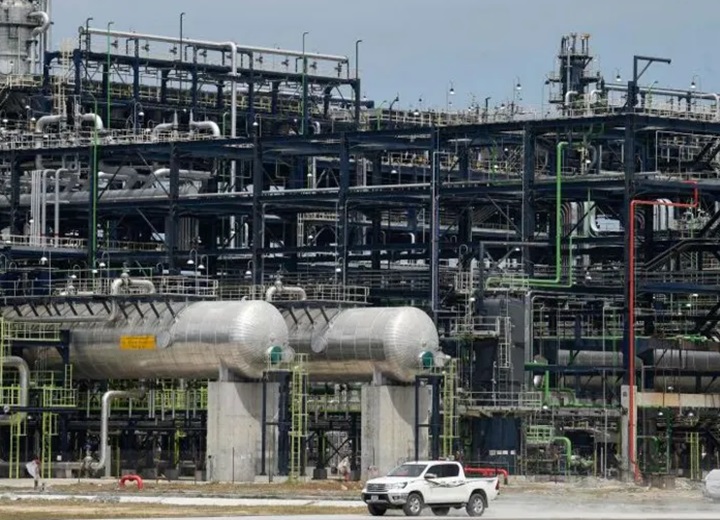Nigeria’s domestic refiners are pushing back against crude oil producers over the lack of local crude supply, accusing them of prioritizing exports while neglecting the country’s refining sector. The dispute comes as local refiners struggle to access feedstock, hindering their operations despite government efforts to boost domestic refining capacity.
Operators of modular and conventional refineries argue that despite policies aimed at reducing dependence on imported fuel, they are being sidelined in crude oil allocations. Many refiners claim that crude producers prefer to sell to foreign buyers, where they can fetch higher prices, rather than supplying local processors at regulated rates.
Industry experts warn that without a steady supply of crude to local refiners, Nigeria risks continued reliance on imported petroleum products, leading to higher fuel prices and economic strain. The situation also undermines the government’s push to develop local refining capacity as part of its energy security strategy.

The refiners have called on the Nigerian National Petroleum Company Limited (NNPCL) and regulatory agencies to enforce crude supply policies that prioritize domestic consumption. Some have suggested implementing a crude allocation quota that ensures a percentage of Nigeria’s production is reserved for local refiners.
As tensions escalate, stakeholders are urging the government to intervene and create a balanced framework that supports both crude producers and local refiners. Without swift action, the refining sector could remain underutilized, delaying Nigeria’s transition to energy self-sufficiency.
Support InfoStride News' Credible Journalism: Only credible journalism can guarantee a fair, accountable and transparent society, including democracy and government. It involves a lot of efforts and money. We need your support. Click here to Donate
